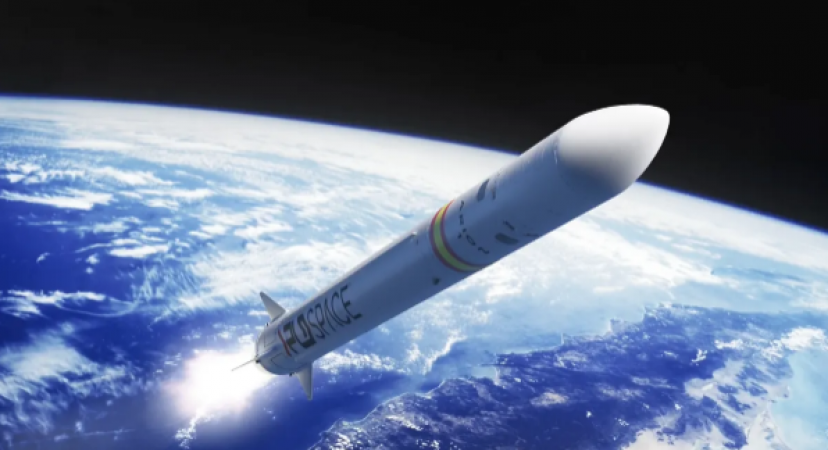
Madrid: A significant portion of the giant rocket used to deliver the third module of China's Tiangong space station has re-entered the atmosphere uncontrollably, closing some Spanish airspace and delaying hundreds of flights.
The Long March 5B (CZ-5B) rocket broke down significantly as it re-entered Earth's atmosphere at 10.01 UTC, four days after take-off from southern China, according to European and US space officials.
According to European Union Space, the main stage of the rocket was about 30 meters long and weighed between 17 and 23 tons, making it "one of the largest pieces of re-entering debris in the near past". Monitoring and Tracking (EUSST) Operations Center, which monitored the fragment's return to Earth.
Also Read: Tencent claims that reports of unauthorized WeChat logins are "misunderstood"
Spain's air navigation authority, Enaire, banned airspace in the country's northeastern regions, including Catalonia and the Balearic Islands, as a result of the object's re-entry.
In a statement, Enair said: "In view of the uncontrolled entry of the remains from the Chinese space object CZ-5B into a descending orbit crossing our national territory, Enair established an airspace of 100 km on either side of the orbit of the space object. did."
Established exclusion zones. In accordance with the recommendations of the Inter-Ministerial Directorates led by the European Union Aviation Security Agency and the Department of National Security.
A later update said the flight delay was due to the closure of the airspace, which took place from 9.37 am to 10.17 am on Friday. According to airport operator Aina, 300 of the 5,484 flights scheduled at Spain's 46 airports were affected.
Also Read: Twitter fires half of its workforce as Elon Musk laments a sharp decline in sales
The Long March 5B has made four flights since its initial launch in May 2020. On its first launch, fragments of the rocket hit the Ivory Coast, where they damaged several buildings, but no one was injured.
While the fragments of the third flight landed in the Sulu Sea of the Philippines, the debris of the second flight landed in the Indian Ocean without any damage.
Chinese Foreign Ministry spokesman Zhao Lijian said the rocket's re-entry into the atmosphere was a standard international practice during a routine briefing on Friday.
Also Read: COP 27: Bhupender Yadav to lead Indian delegation in Egypt
The potential for damage to aviation operations and the ground is extremely low, according to Zhao, who said that it is understood that these types of rockets use specialized technology, so most components are isolated that would be subject to re-entry into the atmosphere. will be destroyed during ,